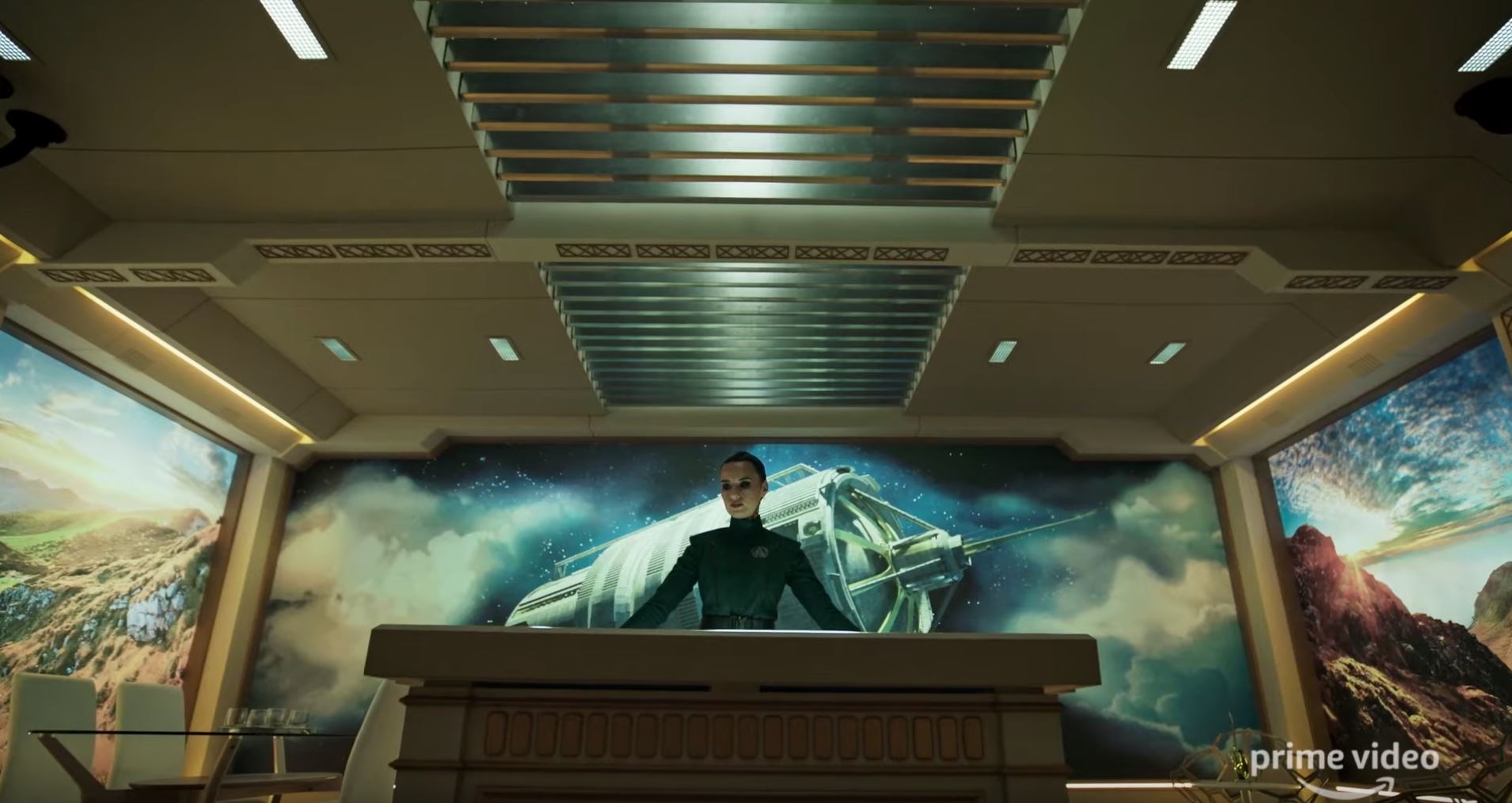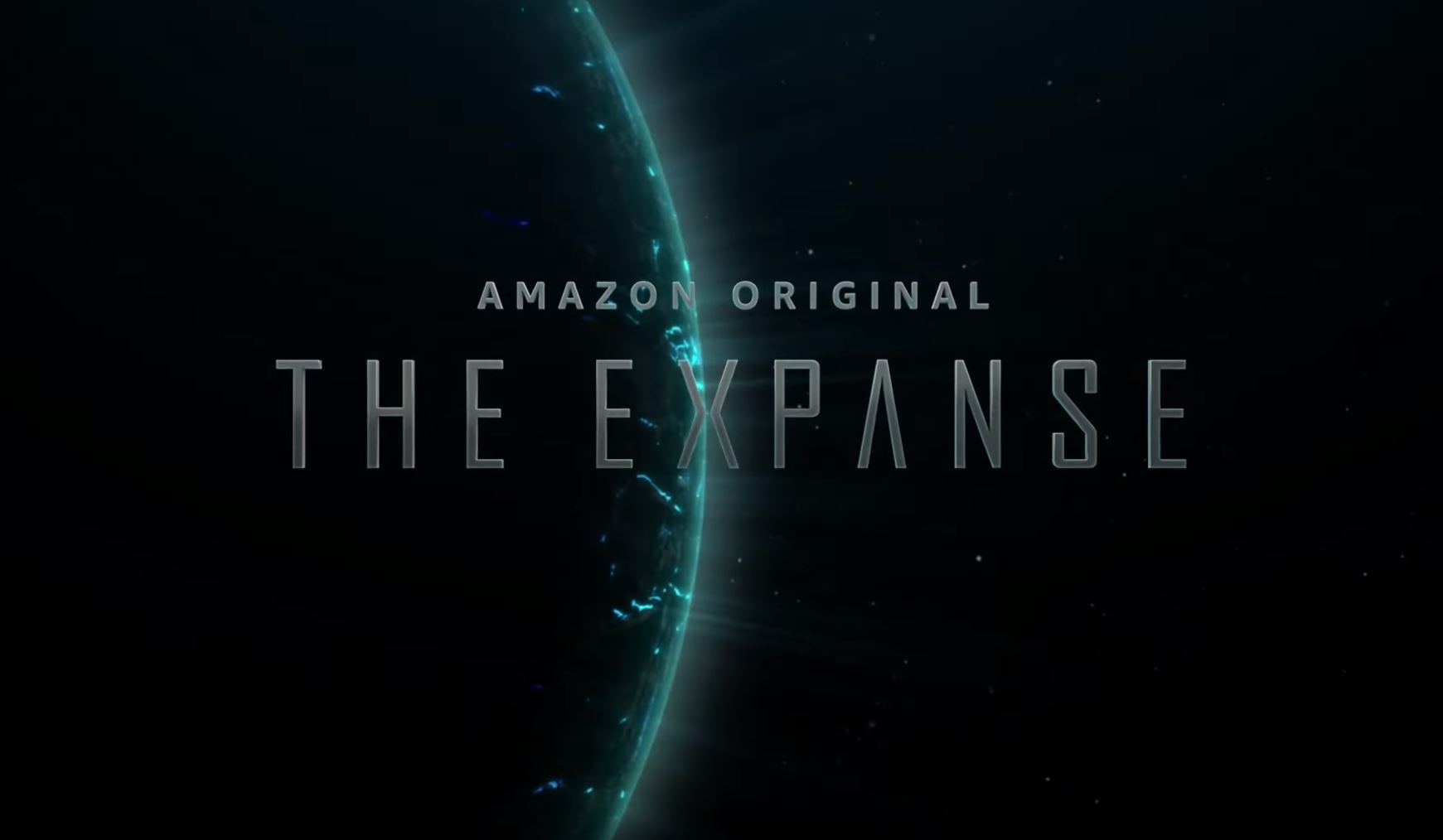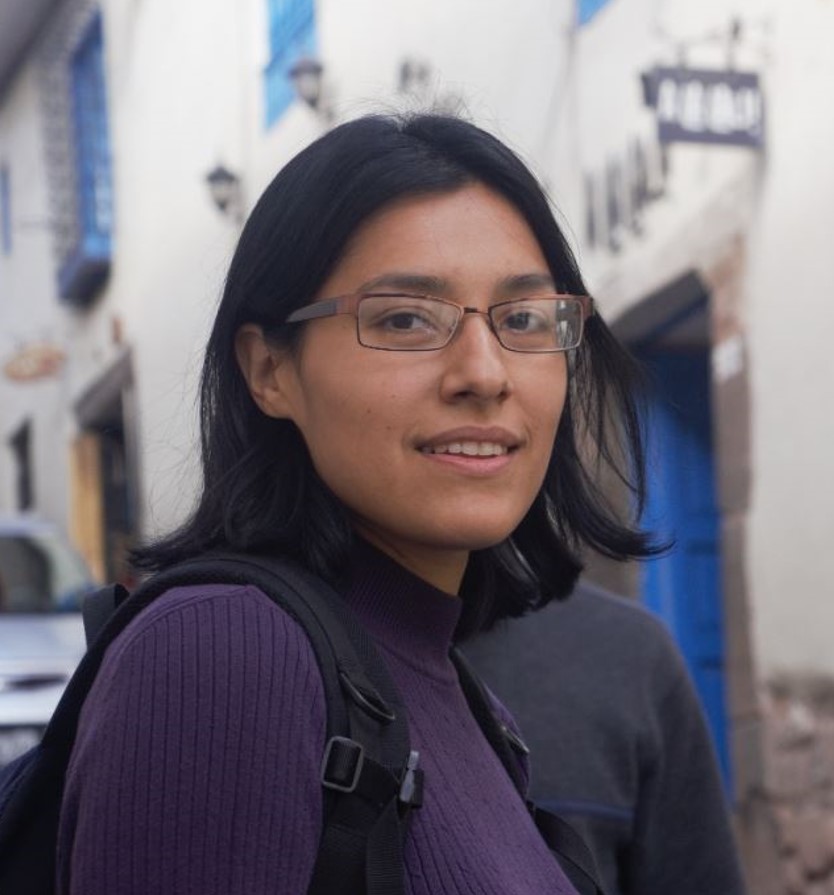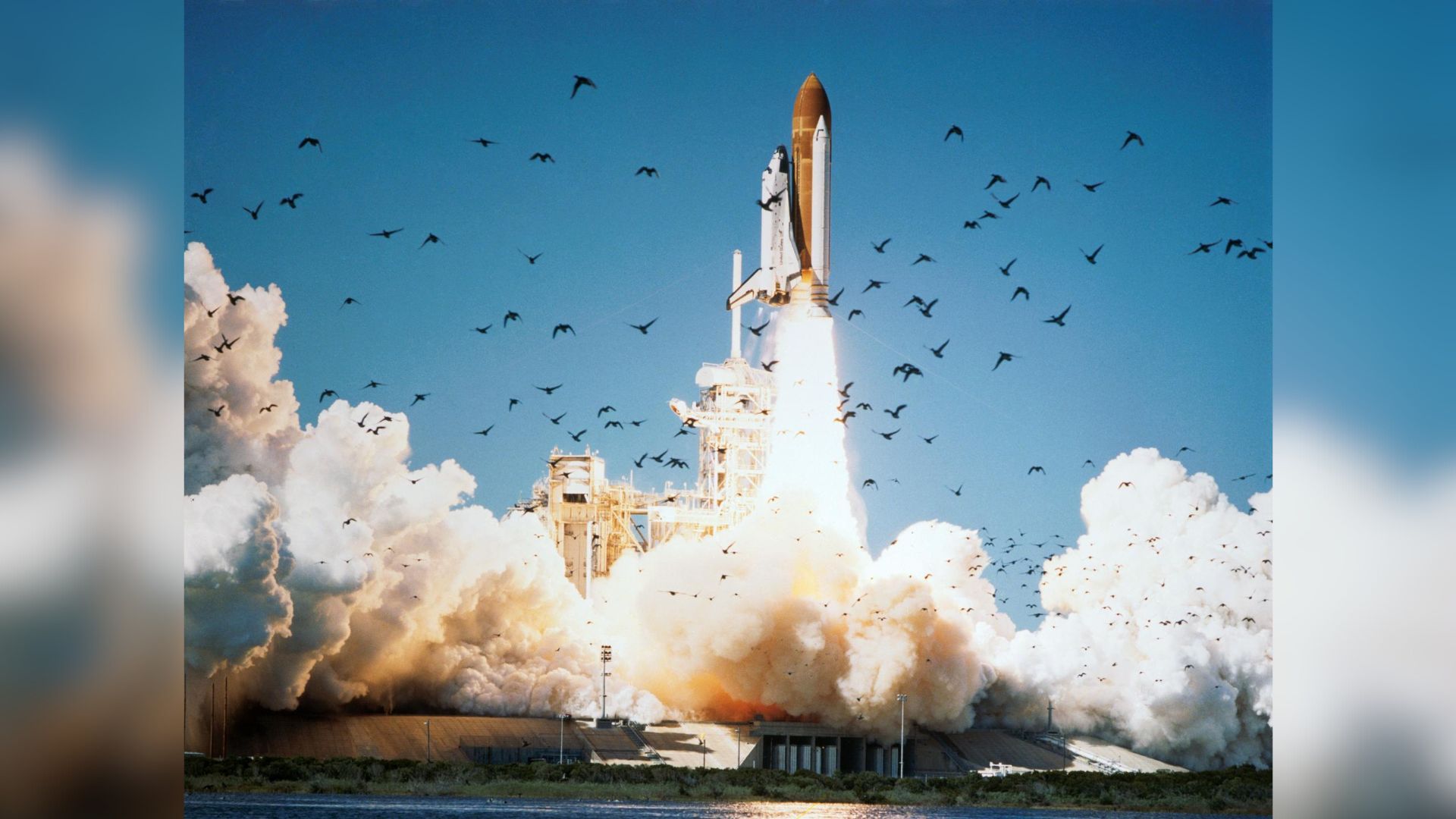Rejoice, 'Copeng'! Belter Creole Returns on 'The Expanse' Season 4
This season, Belter refugees are trying to create a home for themselves on an unknown planet they've dubbed "New Terra."
The return of the sci-fi series "The Expanse" means more Belter Creole is on its way. Get a refresher about this futuristic solar-system language before streaming the show's newest season, which premiered Friday (Dec. 13), on Amazon Prime.
Linguistics and sci-fi nerds rejoice, because the Rocinante's crew is back for Season 4 to provide some backup to interplanetary peacekeeping, according to the trailer. Since a drama concerning the Belter community will take center stage in this new storyline, Belter Creole will probably be abundant.
Belters are miners hundreds of years into the future; they are a working-class society that live and work in the Asteroid Belt (hence the name), supplying resources and often getting the short end of the stick so that the rest of the human population living on Earth and Mars can thrive. This season, Belter refugees are trying to create a home for themselves on an unknown planet they've dubbed "New Terra."
Related: 'The Expanse' Season 4 Premieres This Week: Here's What to Expect.

This probably means Belter words like "Beltalowda," meaning "us Belters," will be heard on the new episodes. "Beratna" (brother) and "copeng" (friend) may also make a splash. Variations of "sa-sa" (to know) might also pop up, as the verb is used for yes-or-no questions. A bigger list of Belter Creole words is available from Syfy, the network that formerly aired "The Expanse" but then canceled the show after its third season.
Actor Cara Gee plays Belter Camina Drummer. During a New York Comic Con event in October, Gee shared to an audience of Belter-speaking and protomolecule-cosplaying fans that before filming her scenes on the show, she would rehearse with a dialect coach to get the pronunciation just right. The Belter language and its accent are a unique creation, Gee said, and because it only exists in the world of "The Expanse," actors have to work without the help of outside sources.
Languages (real and imaginary) reveal a culture's values, and adapt and morph overtime to their circumstances. Collaborators Daniel Abraham and Ty Franck — who wrote the novels the series is based on, but under the pseudonym James S.A. Corey — and linguist Nick Farmer created a language that evolved as a result of time, circumstance and distance, fusing languages like English, French and Chinese.
Breaking space news, the latest updates on rocket launches, skywatching events and more!
The creators developed a body language to accompany Belter Creole. Hand and facial gestures often go hand-in-hand (pun intended) with spoken words, but this fictional tongue is the unique byproduct of the spacewalks performed by the ancestors of the Belters.
"These are people who ... let's say in the early days, before you necessarily had space stations, you were building space stations," Farmer shared on an episode of the Decipher SciFi podcast. "You'd be out in your spacesuit, tethered and working on a space station, and given the way that spacesuits are, you don't necessarily see someone else's face. So facial expressions kind of go out the window. And also, you don't even see their head so the way people move their head, that goes out the window, too."

But Farmer also used modern elements for the Belter language.
"It's not a sign language, but it's body language. And so instead of nodding, they'll sort of nod their fist. Or they have a different way of indicating pleasure, their displeasure, whatever, all those sorts of things," Farmer added. He went on to say that the show hired an Italian choreographer to work on body language.
Belter speech indicates the social situation in a scene, and will continue to play a role in the story. But the language has also been distracting to some viewers, according to Farmer, so there may not be as much of it going forward as there was in the first season.
- 'The Expanse' Gets a Season 5 with Amazon (And Season 4's Coming in Hot!)
- 'The Expanse' Cast Visited Blue Origin. Here's What Happened Next (Video)
- SyFy's 'The Expanse' in Awesome Pictures
Follow Doris Elin Urrutia on Twitter @salazar_elin. Follow us on Twitter @Spacedotcom and on Facebook.


Doris is a science journalist and Space.com contributor. She received a B.A. in Sociology and Communications at Fordham University in New York City. Her first work was published in collaboration with London Mining Network, where her love of science writing was born. Her passion for astronomy started as a kid when she helped her sister build a model solar system in the Bronx. She got her first shot at astronomy writing as a Space.com editorial intern and continues to write about all things cosmic for the website. Doris has also written about microscopic plant life for Scientific American’s website and about whale calls for their print magazine. She has also written about ancient humans for Inverse, with stories ranging from how to recreate Pompeii’s cuisine to how to map the Polynesian expansion through genomics. She currently shares her home with two rabbits. Follow her on twitter at @salazar_elin.
